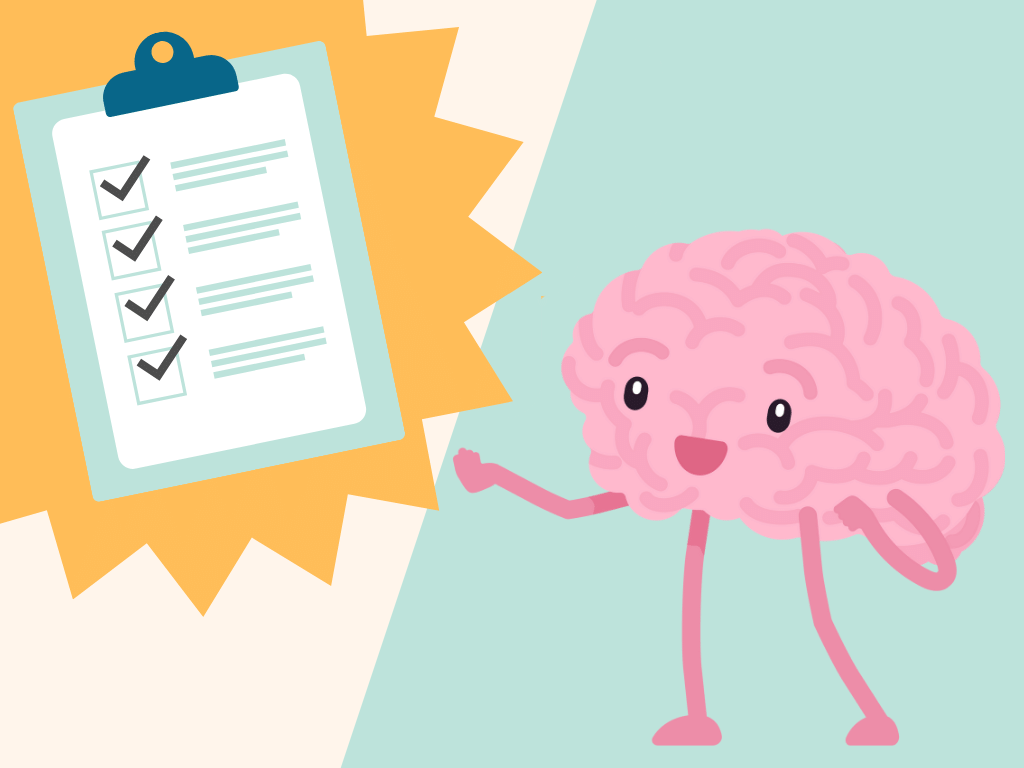Have you ever noticed that some people seem to breeze through tasks while others struggle to get things done? What sets these people apart isn't necessarily intelligence or talent; it's a set of cognitive skills called executive functioning.
Executive functioning refers to a range of mental processes that help us plan, organize, focus, and complete tasks. If you struggle with executive functioning, you may find that you have trouble with time management, decision-making, and working memory.
The good news is that executive functioning skills can be trained and developed, just like any other aspect of your mind or body. Whether you have ADHD or simply feel like you could use a mental boost, here are some tips to improve your executive functioning skills.
Too long; didn't read
- Executive dysfunction refers to difficulties in the cognitive skills responsible for things like planning, organizing, initiating, and completing tasks.
- People with executive functioning issues may experience challenges like emotional dysregulation, memory problems, and lack of motivation.
- Several things can cause executive dysfunction, including ADHD, autism, depression, traumatic brain injury (TBI), and stroke.
- Sleep deprivation can worsen deficits in executive functioning, so paying attention to your sleep habits is a recommended starting point for improving executive dysfunction.
5 practical strategies for improving executive dysfunction
1. Work on your prioritization skills.
One of the biggest hurdles for people who struggle with executive functioning?
Figuring out what to do first.
When you have a lot on your plate, it can be overwhelming to decide which tasks to tackle. One way to simplify this process is to use a prioritization system.
😮 Read our ultimate guide on prioritization systems and hacks here.
2. Experiment with routines.
Routines are a powerful tool for improving executive functioning. By doing the same things in the same order every day, you can reduce cognitive load and free up mental space for more important tasks.
Some routines to consider include waking up at the same time each day, exercising at the same time each day, and taking breaks at set intervals. You could also try the low-dopamine morning routine to see if it works for you! (This routine works best for people with a dopamine deficiency, such as those with ADHD.)
3. Use external cues as reminders.
If you struggle with working memory (the ability to hold information in your mind while working on a task), external cues can be a lifesaver.
For example, you can set alarms or reminders on your phone to help you remember upcoming deadlines, or use post-it notes to jog your memory while giving a presentation. You can also use visual aids like flowcharts or mind maps to help you organize your thoughts.
4. Practice mindfulness.
Mindfulness is a powerful practice for improving executive functioning skills. By training your attention and awareness, you can learn to better regulate your emotions, stay focused, and avoid distractions.
You don't need to become a meditation expert to practice mindfulness; simply taking a few deep breaths and paying attention to your senses can be a great way to start.
5. Get more sleep!
Finally, sleep is one of the most important factors for optimal cognitive functioning. When you're sleep-deprived, your executive functioning skills suffer, and you may find it more difficult to focus, remember, and make decisions.
Make sleep a priority by setting a consistent bedtime, creating a relaxing sleep environment, and avoiding caffeine and screens before bed.
😴 Learn more about improving your sleep habits with the 10-3-2-1-0 routine.
Causes of executive dysfunction
Executive dysfunction can arise from a variety of factors. Some people naturally struggle with these skills due to neurodevelopmental conditions like attention-deficit/hyperactivity disorder (ADHD) or autism spectrum disorder (ASD).
Other causes include:
- Executive dysfunction disorder
- Brain injuries, whether from head trauma or conditions like stroke
- Depression
- Anxiety
- Bipolar disorder
- Prolonged stress
- Lack of sleep
But here's the thing: just because you have these factors doesn't mean you definitely have executive dysfunction. And vice versa, struggling with executive functioning doesn't automatically mean you have a disorder or injury.
Final thoughts
Executive functioning skills are essential for success in school, work, and life in general.
By practicing these five tips, you can improve your cognitive functioning and overcome some of the common challenges associated with executive dysfunction. Remember to be patient with yourself, as developing these skills takes time and practice.



.jpg)



